Achieving a high score on the ISLPR Victoria writing test demands more than innate language ability. It requires deliberate strategy, disciplined practice, and a thorough understanding of the test’s structure and evaluation criteria.
This essay outlines eight targeted strategies designed to help candidates enhance their writing performance, manage test conditions, and ultimately demonstrate the high level of proficiency needed for academic, professional, or migration goals.
Familiarize Yourself with Test Requirements
Begin by securing official ISLPR Victoria sampling materials past questions, examiner guidelines, and scoring rubrics. Examine each task type (formal essay, letter/email, report) to understand expected word counts, structural conventions, and typical content requirements.
Knowing precisely what the examiners look for will focus your practice and reduce test-day anxiety.
Develop a Robust Grammar and Vocabulary Toolkit
A high band score hinges on both grammatical accuracy and lexical richness. Review complex sentence structures (e.g., conditional clauses, relative clauses, passive constructions) and practice them in context.
Maintain an active vocabulary journal: every time you learn a new academic or technical term, record its definition, collocations, and example sentences. Regularly revisit and use these entries in your practice essays.
Master Coherence and Cohesion Devices
Well-organized writing guides the reader effortlessly from one point to the next. Plan your paragraphs so each contains a single main idea introduced by a clear topic sentence.
Within and between paragraphs, employ cohesive markers (“furthermore,” “on the other hand,” “consequently”) to signal relationships. In practice sessions, underline your linking devices and ask yourself whether they strengthen the flow of ideas.
Engage in Timed, Task-Specific Practice
Replicate exam conditions: allocate 10 minutes for planning, 40 minutes for writing, and 10 minutes for proofreading in a 60-minute block. This regimen builds time-management skills and reduces the risk of running out of time on test day. Alternate tasks—one day focus on essays, the next on formal letters—to ensure balanced preparation across genres.
Seek Constructive Feedback
Self-correction is valuable, but external critique accelerates improvement. Partner with a tutor, a fellow candidate, or an English-fluent friend to review your practice responses.
Provide each other with focused checklists: did the response fully address the prompt? Are there recurring grammar errors? Were the paragraphs logically structured? Implement suggestions in subsequent drafts.
Analyze High-Scoring Model Answers
Obtain band 4–5 sample responses and dissect them. Note how writers develop arguments: how do they introduce their thesis, what kinds of examples or evidence do they use, and how do they transition between points? Observe stylistic features—tone, formality level, sentence variety—and aim to incorporate similar strategies in your own writing.
Build Topic Familiarity
Certain themes such as education policy, environmental sustainability, work-life balance, and health issues appear frequently in ISLPR prompts. Create a repository of bullet-point ideas, relevant statistics (where appropriate), and vocabulary clusters for each theme.
This preparation allows you to generate content rapidly during the planning phase, freeing cognitive resources for organization and language accuracy.
Refine Proofreading Techniques
The final minutes of the test should be dedicated to error-spotting and polishing. Develop a proofreading checklist: check verb tenses for consistency; ensure subject-verb agreement; look for missing articles; verify the accuracy of linking devices; confirm that paragraphing matches your outline.
Learning to proofread systematically can transform minor mistakes into polished prose.
Conclusion
Excelling in the ISLPR writing test is an attainable goal for any dedicated language learner. By combining a deep understanding of test format with targeted skill-building such as grammar mastery, cohesive writing, time management, and strategic topic preparation, you can enhance both the quality and reliability of your performance.
Regular, timed practice reinforced by feedback and guided analysis of model responses will build the confidence and competence needed to secure a high band score.
Embrace these strategies consistently, and you will be well positioned to demonstrate the writing proficiency demanded by academic programs, professional bodies, and migration authorities alike.



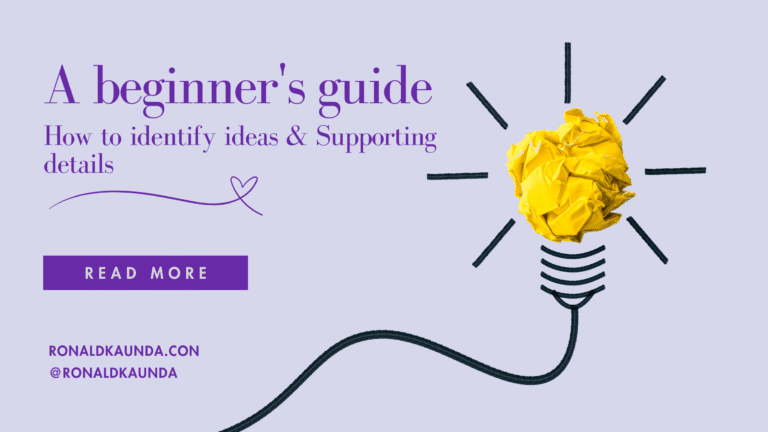
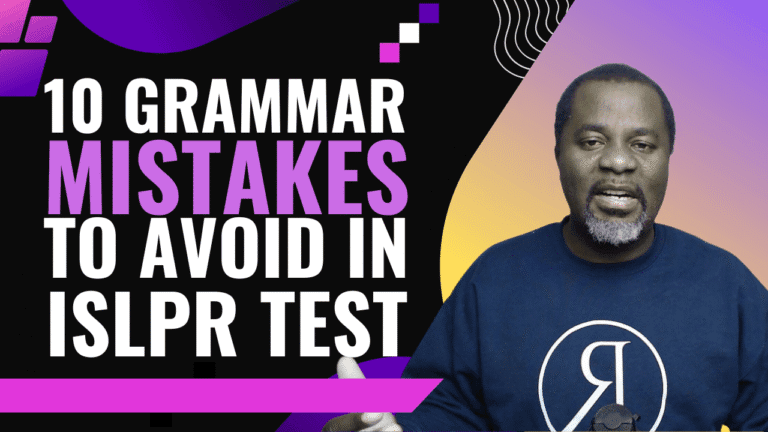
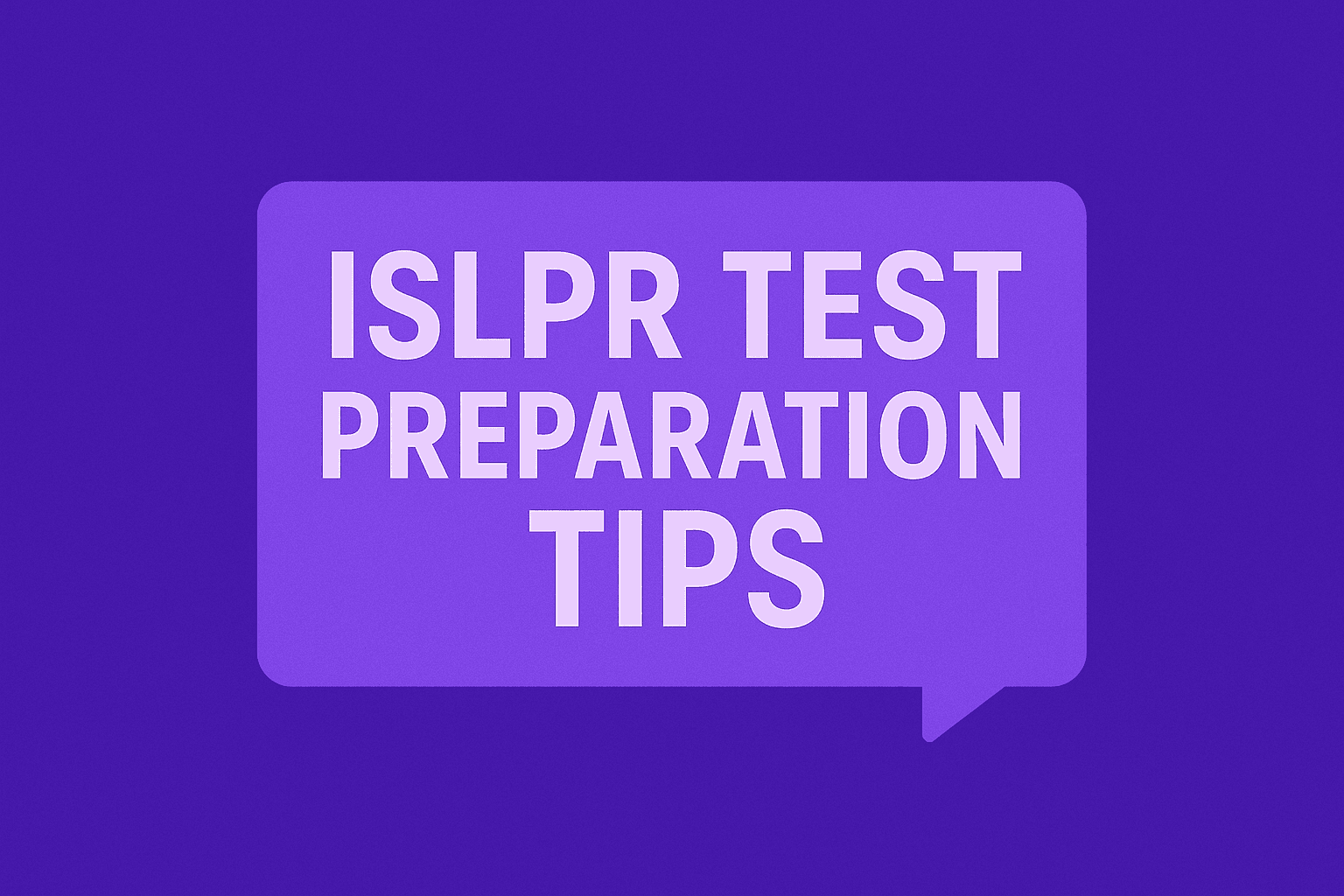

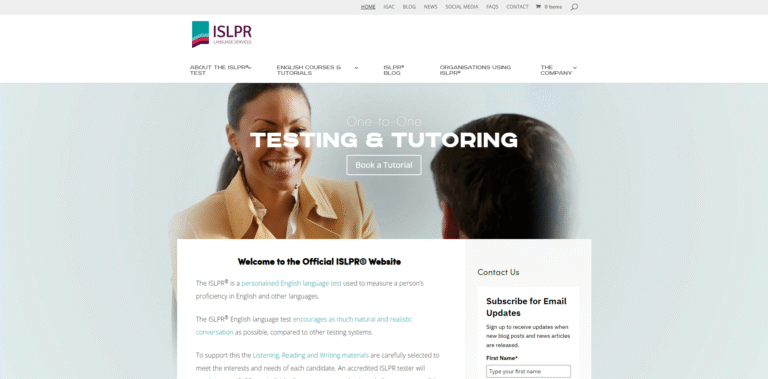

 English Grammar Companion
English Grammar Companion 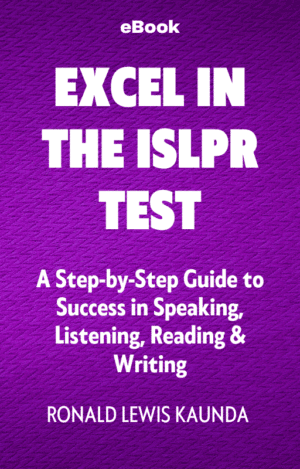 Excel in the ISLPR Test
Excel in the ISLPR Test 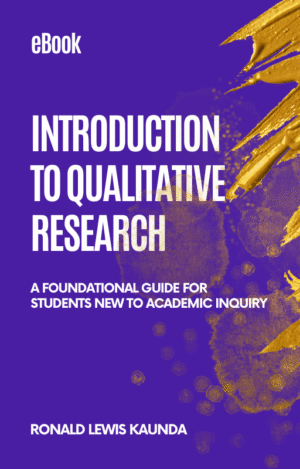 Introduction to Qualitative Research
Introduction to Qualitative Research  How To Write A Personal Statement For A Scholarship
How To Write A Personal Statement For A Scholarship